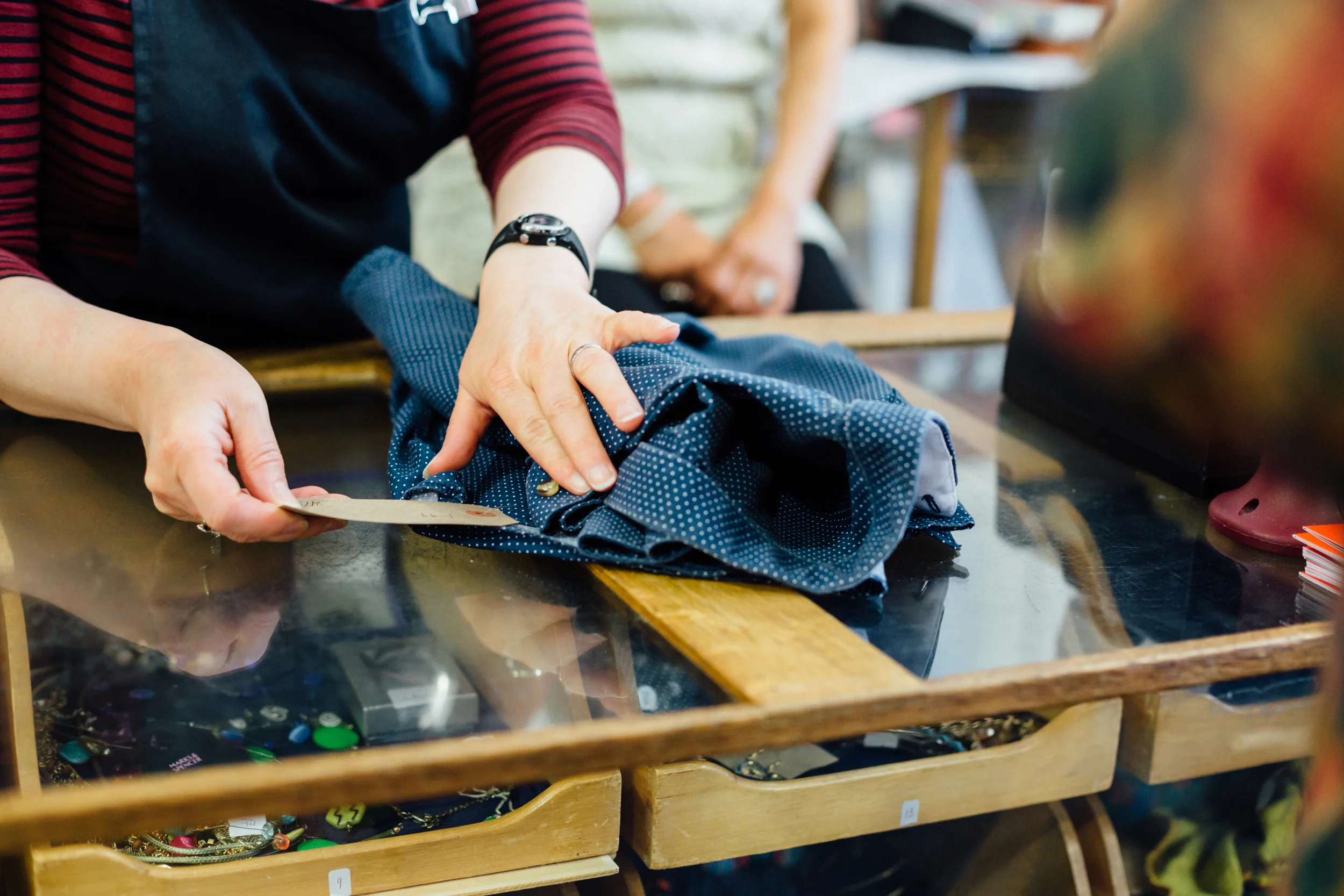The short answer to this question is no.
It feels like shame will make you thinner. It feels like hating our bodies will somehow magically make it look better.
But, here are 5 reasons that being ashamed of your body doesn't actually work to make you thinner even if that's what you think you should be.
1. Shame doesn't work to discipline the body.
To quote Brene Brown, "Shame corrodes the very part of us that believes we are capable of change."
When we grab at pieces of our body and tell our reflection in the mirror that we are ugly and lazy, we zap the part of ourselves that makes us want to change.
Shame takes us from thinking we are capable to thinking we are stuck. Worse than that, it makes us believe we are somehow inherently incapable. We ARE bad. It's not just our actions that are bad but our whole being is bad.
So, if you're so bad, how are you supposed to change?
2. Shame can't change biology, baby.
You can call yourself mean names all day but shame can't change your set point.
If you've read my blog, you know that I've mentioned set point theory a gazillion times. And for the gazillionth time, set point theory means that your body has a range mostly determined by genetics and stays within that range regardless of what you want your weight to be. It explains why our weight loss plateaus and slowly creeps back up even if we're doing everything the same.
So, even if you feel super BAD about how you ate, slept, or exercised today, it's not going to change your set point.
It turns out you can't hate your way to weight loss.
3. Shame can affect digestion.
There are neurotransmitters in your gut which means that how you feel can affect how you digest. Your guilt or shame around food can actually activate your "fight or flight" response. According to this article by Marc David of the Institute for the Psychology of Eating:
"If you're feeling guilty about eating the ice cream or judging yourself for eating it, the hypothalamus will take this negative input and send signals down the sympathetic fibers of the autonomic nervous system. This initiates inhibitory responses in the digestive organs which means you'll be eating your ice cream but not fully metabolizing it."
If you've ever had a lot of guilt after a meal, you might feel like you have an upset stomach. You might feel bloated. You might hold on to that ice cream longer and you might store it. That doesn't sound like an effective strategy for weight loss.
Notice how your guilt and shame affect the way you feel after eating.
4. If you feel guilt and shame, it might lead you to eat emotionally.
To quote the infamous Austin Powers character, Fat Bastard, "I eat because I'm unhappy and I'm unhappy because I eat."
One wouldn't think such wisdom would come from a Mike Myers film but a lot of times, feeling guilty around foods just leads to more eating of the food that makes us feel guilty.
Listen, I don't even think emotional eating is that bad. Hating yourself, however, will NOT help you stop eating the ice cream that you eat as a coping mechanism.
5. Shame prevents us from listening to our body.
Shame's worst crime is taking us away from our body's needs. If you are constantly pissed at your body for eating or eating too much or eating carbs when you're supposed to be Paleo, you start to develop a really terrible relationship with your body. You don't trust it.
And not trusting your body means you don't listen to what it needs. You don't eat when you're hungry. You don't stop when you're full. You don't go for walks when you need them. You don't stop running when you have bad knees. You don't take care of your body because you're mad at her.
That sucks.
Your body is this super awesome machine that's completing like I dunno a billion chemical reactions a day. It's what takes you through life. It's what creates life. It's the body that's helped you build your career and your life. If you're able-bodied, it allows you to talk, walk, run, cook, clean, play music, explore, travel, or have sex.
Since you're stuck hanging out in this body, why not love it? Why not appreciate it? Why not take care of it instead of yelling at it like a mean nun at a Catholic school in the 50s?
Being mean to your body is not actually making you thinner. So, please just stop.



